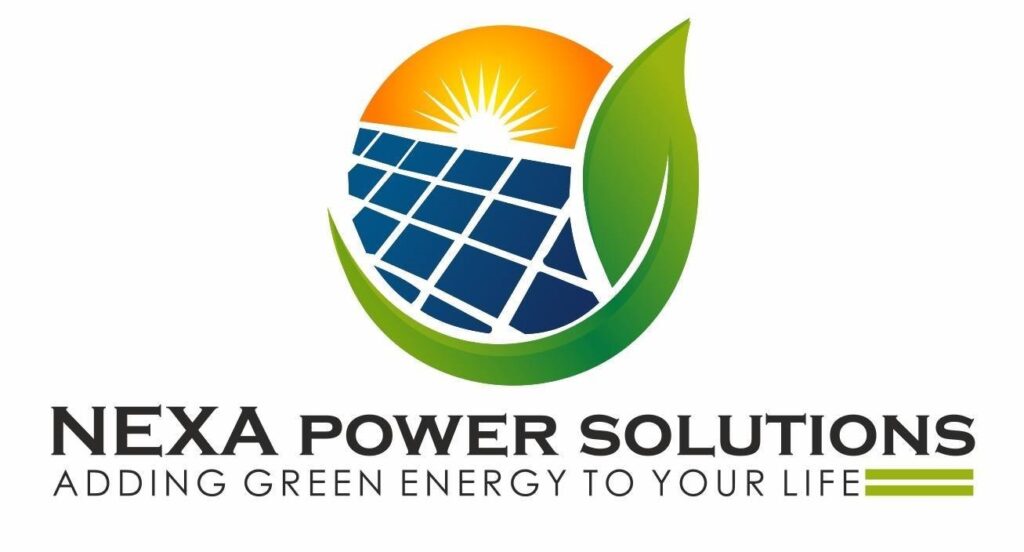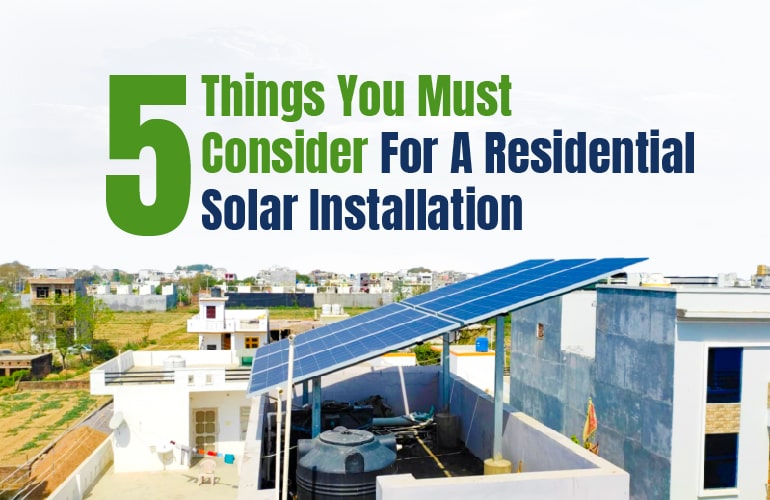1. Condition and Layout of the Roof
To achieve the best efficiency from your residential solar panels, you must ensure that your roof is structurally sound and able to support the installation. If it isn’t in peak condition before—or during!—installation of these photovoltaic modules, you’ll have wasted money on them.
Planning your roof modification is a process that involves material selection, layout and direction. It’s also important to consider whether or not you have enough space on the rooftop for installation of solar panels—some are quite hefty in size.
2. What Type of Solar Panels to Choose
The type of solar panel you choose will impact how much money you spend and how valuable it is. Here are three common types:
- Monocrystalline solar panels
- Polycrystalline solar panels
Nexa power solutions’ solar panels provide excellent durability, enhanced efficiency, and ultimate reliability.
3. What’s The Optimum Location?
Even if your home isn’t exposed to optimal sunlight conditions, you can still rely on solar-generated power.
Solar power won’t be available if buildings block the sun until the rays can pass through them.
So, if you don’t have such a problem with your utility bill and live in a sunny region, then switching to residential solar may not be the best option for you. Moreover, it is a common belief that solar panels work only on clear days; however, this isn’t true since clouds create indirect sunlight which allows them to produce energy still
Although it is less efficient to generate electricity in cloudy conditions, you can still do so by adding more panels to your system.
The best time to install solar panels is during the spring and summer when sunlight is strongest.
4. How Will You Finance Your Residential Solar Installation
Yes, going solar is an expensive investment. And when considering a switch to solar energy, it’s essential that you consider your finances beforehand so as not to miss out on the full benefits of this clean energy source.
You can always take out a loan to cover the expenses if you don’t have enough cash. However, if that’s not an option, you can reduce the number of panels and choose a hybrid connection (part solar; part grid-based).
Nexa Power Solutions offers affordable solar panels that provide exceptional value for money.
5. How Long Before You Break Even
One of the advantages of using solar energy is that it can help you save money. However, before investing in a system for your home or business, calculate how long it will take to get your investment back—and make sure this time period will be profitable for you.
To get the best results from your equipment, use products specifically designed for that purpose.
A well-configured residential solar setup can help you break even within 3–4 years. However, the breakeven period is dependent on both system size and tariff rates set by your utility company.
At the end of the day, since the returns are in the form of savings, you can rest assured, so install at Nexa power solution today!



